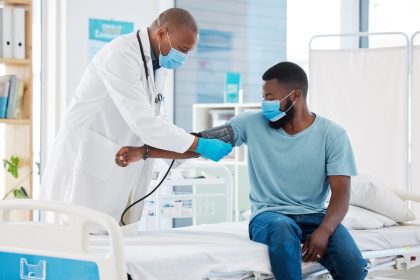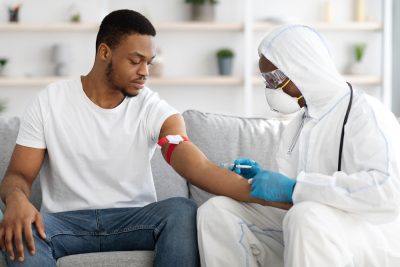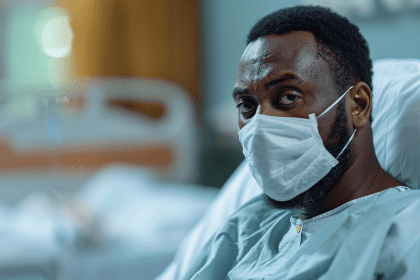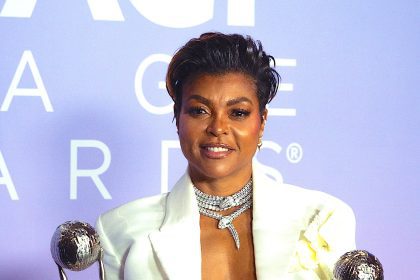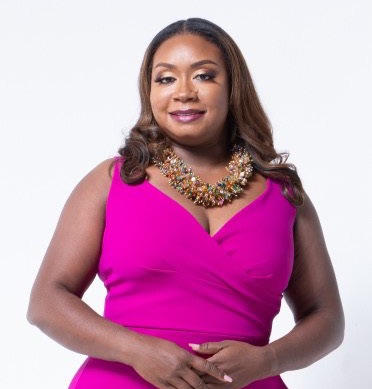
For more than a decade, Calethia Hodges has strategically led the growth and development of service firms supporting biopharma clinical research and functional domains. Today, she is CEO of Infinite Clinical Trials, two clinical research firms outside Atlanta, and is one of the city’s experts on COVID-19.
One of the few African American women in her field, Hodges has a Bachelor of Science degree from DePaul University and professional certificates in clinical trials monitoring, obtaining approval for clinical trials in the United States and European Union, and clinical trials management from BioPharma Institute.
Rolling out asked Hodges to clear up some of the claims that have been fielded about the timeline for developing a possible vaccine for the virus.
Some politicians are saying a vaccine could be ready by fall, while many scientists have said there won’t be a vaccine for at least two years. Can you give us some clarity about what we should expect in terms of an FDA-approved vaccine for COVID-19?
Never before in our history have this many research teams been working to develop a single vaccine. Right now, somewhere in the ballpark of 100 organizations are trying to beat COVID-19. These teams span continents and cultures, but they are all united in this goal. That’s good news. The bad news is that the average development time for most vaccines is between 10 and 15 years. The fastest on record was the mumps [vaccine], which took four years to develop.
It would be unprecedented to develop a COVID-19 vaccine by the fall — a grand total of six months. Even the 12- to 18-month span some are proposing would be faster than anything we’ve seen before. But we’ve also never seen a global effort like this before.
There are some positive news stories. The team at Oxford believes their vaccine could be ready by this fall. In the United States, there’s an initiative to have the 300 million vaccines available — almost enough for every American citizen — by January of next year. Mostly, it will boil down to the success of clinical trials. Typically speaking, vaccines run through three phases of clinical trials:
●Phase 1: A safety test on a small number (usually less than 100) of participants who are closely followed.
● Phase 2: The vaccines are administered in various dosages across hundreds of participants.
● Phase 3: Thousands of participants take part to gauge the effectiveness of the vaccine.
After that, the FDA can give it its seal of approval, and the vaccine can be mass-produced. Usually, about 6 percent of viruses get past clinical trials and reach the public. However, with about 100 in development right now, our odds are good that at least one will be successful.



